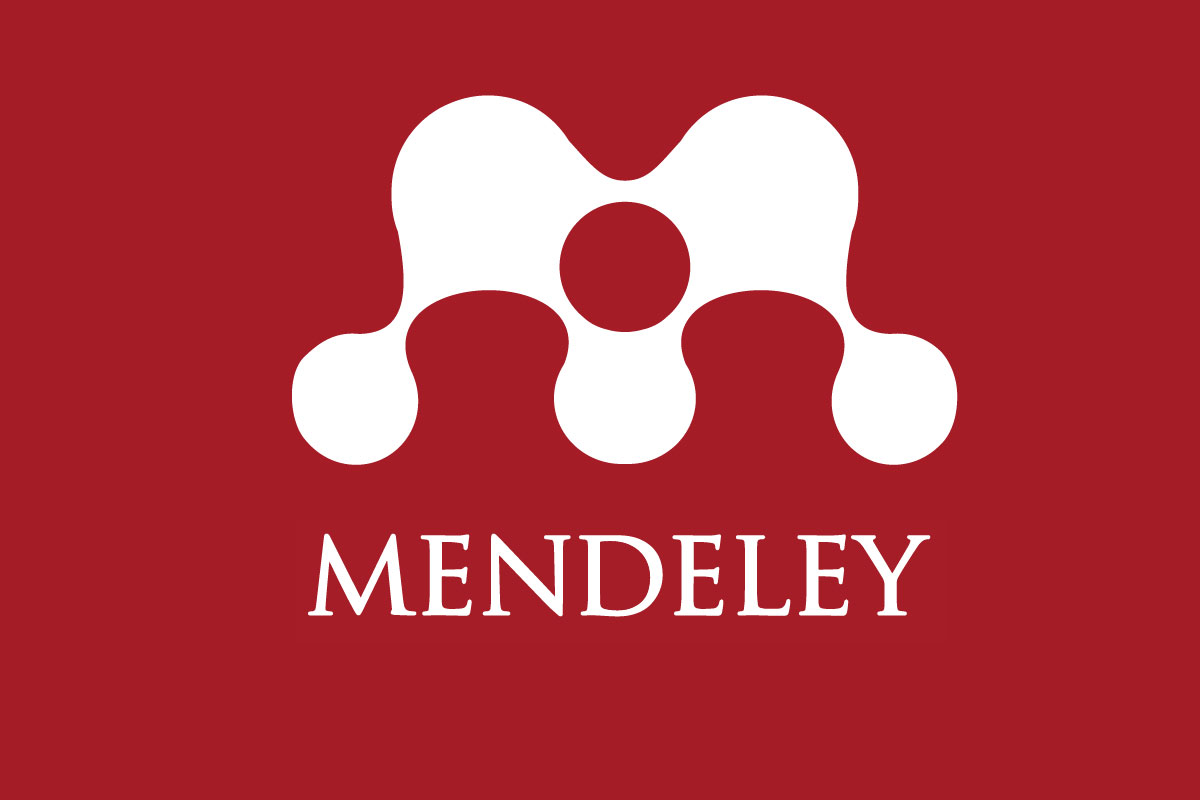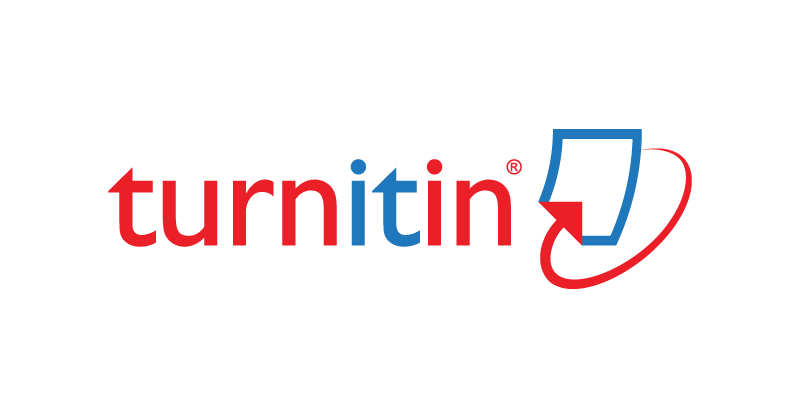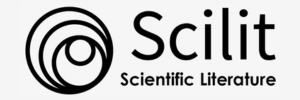The Function of Pluralism in Traditional Poetry as Language Renewal and Relationship
DOI:
https://doi.org/10.63605/ln.v2i2.61Keywords:
Pluralism, Renewal, KinshipAbstract
Introduction to The Problem : Literature in a truly pluralistic society would serve to represent all the different subcultures, not just the dominant culture. Purpose : This study to explain the function of pluralism as language renewal and kinship through the poetry anthology “Dayak! Dayak! Di manakah kamu?” by Korrie Layun Rampan. Design/methods/approach : This research is a descriptive qualitative research that is embedded in a single case. The source of this research data is a poetry anthology document entitled “Dayak! Dayak! Di manakah kamu?” published by Yrama Widya in 2014. This research data consists of words, phrases, and sentences that contain forms of language pluralism. Purposive sampling is used in sampling. Data collection through library techniques, listen, and record. The data analysis used is heuristic and hermeneutic reading based on semiotic analysis. Findings : The results showed that the function of pluralism as language renewal and kinship includes: 1) acceptance of language order between tribes, 2) implication of language in the realm of tribes/groups, 3) recognition of language diversity, and 4) language maturity as politeness of cultural tribes. Research implications/limitations: The results of this research provide insight into how language exists as renewal and kinship in the context of pluralism. However, this research is limited by its specific scope, which only applies to traditional poetry, which may not be universal in other types of poetry. Originality/value : This research provides an understanding regarding language renewal and kinship which is implied through the “Dayak! Dayak! Di manakah kamu?” by Korrie Layun Rampan as an open system and people can choose to become one language. This condition is considered to be realized in a Dayak society because communities with different languages and cultures are recognized and allowed to participate in controlling language functions.
Downloads
References
Başok, E., & Sayer, P. (2020). Language Ideologies, Language Policies and their Translation into Fiscal Policies in the U.S. Perspectives of Language Education Community Stakeholders. Journal of Culture and Values in Education, 3(2), 54–80. https://doi.org/10.46303/jcve.2020.13
Bianco, J. Lo. (2019). Uncompromising Talk, Linguistic Grievance, and Language Policy: Thailand’s Deep South Conflict Zone. The Palgrave Handbook of Languages and Conflict, 19, 295–330. https://doi.org/10.1007/978-3-030-04825-9
Carlyle, D. (2017). Promoting Pluralism in Counselling: an Untapped Source of Relational Mapping as Therapeutic Process. International Journal for the Advancement of Counselling, 39(4), 311–321. https://doi.org/10.1007/s10447-017-9298-7
Cibils, L., & Marlatt, R. (2019). Poetry and Cultural Identity: A Sociocultural Approach for Teacher Education Classrooms. Action in Teacher Education, 41(2), 1–18. https://doi.org/10.1080/01626620.2019.1600599
Coppola, R., Woodard, R., & Vaughan, A. (2019). And the Students Shall Lead Us: Putting Culturally Sustaining Pedagogy in Conversation With Universal Design for Learning in a Middle-School Spoken Word Poetry Unit. Literacy Research: Theory, Method, and Practice, 68, 226–249. https://doi.org/10.1177/2381336919870219
Kawangung, Y. (2019). Religious Moderation Discourse in Plurality of Social Harmony in Indonesia. International Journal of Social Sciences and Humanities, 3(1), 160–170. https://doi.org/10.29332/ijssh.v3n1.277
Kubota, R. (2020). Promoting and Problematizing Multi/ Plural Approaches in Language Pedagogy. Plurilingual Pegagogies, 42(5), 303–321. https://doi.org/10.18806/tesl.v38i2.1351
Lestari, J. (2020). Pluralisme Agama di Indonesia: Tantangan dan Peluang Bagi Keutuhan Bangsa. Al-Adyan: Journal of Religious Studies, 1(1), 29–38.
Maahury, Y. R. (2022). Pluralisme di Kabupaten Jayapura sebagai Sketsa Pemikiran Membangun Bhineka Tunggal Ika Menuju Indonesia Damai. Titian: Jurnal Ilmu Humaniora, 06(2), 157–181.
Malik, Z. A. (2022). African American/Black Identity and Gendered Resistance in The Selected Poems of June Jordan. Journal of Positive School Psychology, 6(8), 3724–3732.
Muzayin, A., Hasan, H., & Suhadi. (2019). Pluralisme Dalam Pengajian Maiyah Emha Ainun Nadjib. Jurnal Madaniyah, 9(2), 170–183. Diambil dari http://www.chirpstory.com/li/167287
Nirwana, A., & Ginting, D. (2017). Nilai Kemanusiaan dalam Bingkai Pluralisme dan Multikulturalisme dalam Komik “Sandhora” (1970) Karya Teguh Santosa. ANDHARUPA: Jurnal Desain Komunikasi Visual & Multimedia, 3(1), 92–114. https://doi.org/10.33633/andharupa.v3i01.1287
Novossyolova, Y. A., Iost, O. A., Tsvetkova, A. D., & Alekseev, P. V. (2021). Problems of Multiculturalism in the Works of Russian-Speaking Poets of the Pavlodar Irtysh Land. International Journal of Society, Culture and Language, 9(2), 123–136.
Nur, S. M. (2019). Demokrasi dan Tantangannya dalam Bingkai Pluralisme di Indonesia. Jurnal Ilmiah Mimbar Demokrasi, 19(01), 1–17. https://doi.org/10.21009/jimd.v19i01.12950
Rampan, K. L. (2014). Dayak! Dayak! Di manakah kamu? Bandung: Yrama Widya.
Reichel, A. E. (2021). On the Poetry of a Boasian Cultural Anthropologist: Ruth Benedict’s Palimpsestuous Writings. Palimpsests in Ethnic and Postcolonial Literature and Culture, 14, 171–190. https://doi.org/10.1007/978-3-030-64586-1_9
Rustanto, B. (2015). Masyarakat Multikultur di Indonesia. Bandung: Remaja Rosdakarya.
Sahbaz, T. (2019). Between Content and Form : The Models of Representation in Kurdish Poetry of Turkish. University of London.
Schachner, M. K. (2019). From Equality and Inclusion to Cultural Pluralism–Evolution and Effects of Cultural Diversity Perspectives in Schools. European Journal of Developmental Psychology, 16(1), 1–17. https://doi.org/10.1080/17405629.2017.1326378
Shain, Y., & Bristman, B. (2002). Diaspora, Kinship and Loyalty: The Renewal of Jewish National Security. International Affairs, 78(1), 69–95. https://doi.org/10.1111/1468-2346.00239
Wroblewski, M. (2019). Performing Pluralism: Language, Indigeneity, and Ritual Activism in Amazonia. Journal of Latin American and Caribbean Anthropology, 24(1), 181–202. https://doi.org/10.1111/jlca.12387
Downloads
Published
How to Cite
Issue
Section
License
Copyright (c) 2024 Dhanu Widi Wijaya, Dini Nur’ainy Gita Saputri

This work is licensed under a Creative Commons Attribution-NonCommercial 4.0 International License.





















